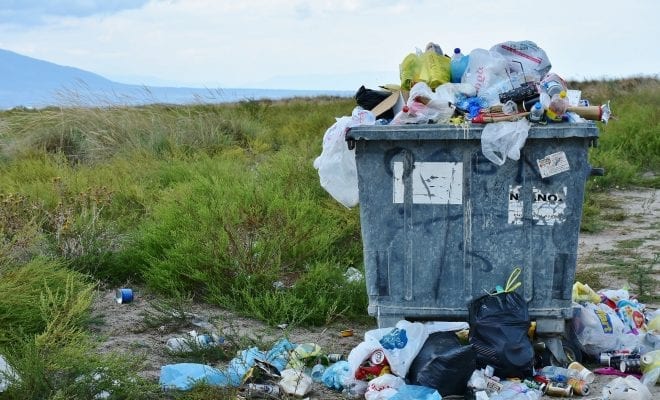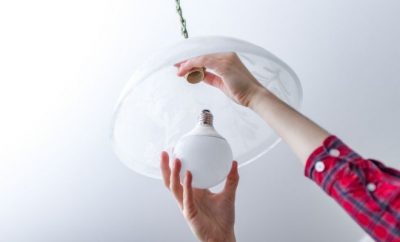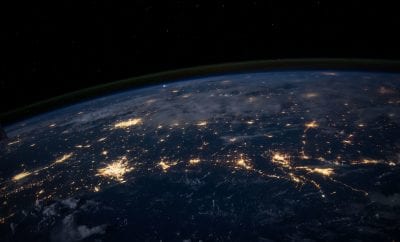
Lifestyle
Are Bioplastics Making a Difference in the Environment?
Today, the planet we live in is swimming in plastic, with more than 18 billion pounds of the stuff floating throughout the ocean. The material wreaks havoc on fragile marine ecosystems, killing animals and making its way through the bodies of billions of ocean-based organisms.
In the efforts to alleviate the current plastic wasteland we’re finding ourselves in, consumers and manufacturers are scrambling to develop an alternative for the material, with bioplastics emerging as a potential substitute.
Bioplastics refer to plastic manufactured from plants or other biological material rather than petroleum. The name is a blanket term that can refer to several varieties made in different ways. One such way is the extracting sugar from plants like corn to convert in polylactic acids (PLAs) which are commonly used in consumer food packaging. Other forms such as polyhydroxyalkanoates (PHAs) are engineered from microorganisms and are often used in medical devices.

With nearly eight percent of the world’s oil going toward the manufacturing of plastic, a transition to bioplastics would theoretically be a major benefit for the environment, as it would cut out large carbon emissions. While this is true, bioplastics bring with it similar downfalls that could spell trouble for the environment.
As bioplastics like PLAs require crops like corn and sugarcane to be made, sparking debate over whether the world’s supply of food should be going towards manufacturing plastics when more than 7% of the world’s population faces hunger. Another aspect to consider is the amount of fertilizer needed to tend vast fields of crops, which could be just as harmful to the environment as processing and burning oil.
Perhaps the most pressing issue with our current use of plastics is the fact that it is not biodegradable, leaving it to pile up in cities, landfills, and our oceans. Unfortunately, bioplastics may not be any better, as they still require industrial composting to properly recycle the material. If they are recycled, bioplastics won’t degrade anytime soon, and if they end up in the oceans, they will eventually degrade into micro-sized pieces that can damage the ecosystems just as bad as normal plastic.
With the way we have structured our consumption of goods, plastics have become an essential part of our everyday lives. As our dependence on the material has grown, so has its environmental impact. While bioplastics serve as the best alternative we have so far, we’re not quite there in terms of it being a viable replacement. As research continues to progress in developing an eco-friendly plastic alternative, the perfect substitute remains elusive. For now, bioplastics populate the odd space of a less-worse alternative for a material we have become completely dependent on.





0 comments